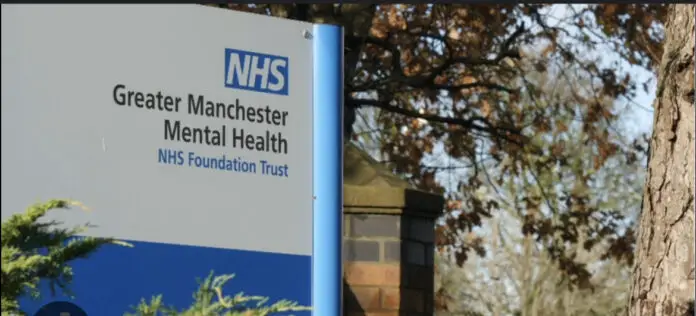The Care Quality Commission (CQC) has found improvements are needed in two services run by Greater Manchester Mental Health NHS Foundation Trust.
CQC inspected the trust’s acute wards for adults of working age and psychiatric intensive care units (PICU) and services for long stay or rehabilitation mental health wards for working age adults.
CQC carried out an unannounced inspection of 23 wards across their services for adults of working age and PICU in March 2024, due to concerns received about the safety and quality of care being provided.
Following this inspection, CQC imposed conditions on the service requiring them to make improvements in specific areas and send updates to CQC each month confirming the work they have done.
These relate to the effective management of the service, ensuring there was a clean smoke free environment with suitable cleaning rotas, and ensuring staff on the wards have access to an up to date ligature risk assessment.
The service has been re-rated inadequate overall, as well as for being safe and well-led. Effective, caring and responsive were all re-rated as requires improvement.
Also, as part of CQC’s routine checks on the safety and quality of healthcare services, CQC carried out an unannounced inspection of long stay or rehabilitation mental health wards for working age adults in June 2024. 10 wards were visited as part of this inspection.
Following this inspection, the service’s overall rating has dropped from good to requires improvement overall, as well as for being safe and well-led. Effective and caring were re-rated as requires improvement. Responsive is rated as good.
The overall rating for the trust is unchanged and remains inadequate.
Alison Chilton, CQC deputy director of operations in the north said:
“During our inspections of Greater Manchester Mental Health NHS Foundation Trust, we found a number of safety issues across both services, particularly around fire safety, and action being taken to reduce the risk of people harming themselves.
“The trust hadn’t ensured all staff received an induction detailing what to do in the event of a fire and it was clear from our inspection, fire drills hadn’t taken place regularly. During the acute and PICU wards inspection, there was a fire alarm drill and staff didn’t know how to respond and no-one took the lead in managing the situation.
“Staff told us they found it difficult to stop people from smoking on the acute and PICU wards and we were concerned that people were smoking in areas where there had already been fire incidents. We found fire hazards, such as oxygen cylinders not safely attached to walls, and on one ward a paper towel had been pushed into a smoke detector which could put people at risk of harm if didn’t work during a real fire.
“Across both services there were up-to date ligature risk assessments, but they weren’t always available on the wards for staff and didn’t always include how risks could be managed. When it did include how risks could be managed, action to address those risks wasn’t always taken quickly enough. It was also concerning that we had to point out a shower curtain with a fixed ligature point which staff were unaware of, and ligature cutters weren’t always regularly checked on some wards.
“Staff also didn’t always carry out observations when required on the long stay or rehabilitation wards. There were gaps in some observation records. We also saw that some staff were carrying out observations at predictable times. This increased the likelihood of those people who were at risk of self-harming, hurting themselves.
“However, on the long stay or rehabilitation wards people gave positive feedback about their care and told us that they were treated with dignity and respect. The service also has development programmes in progress to make improvements.
“We’ve told the trust where we expect to see rapid and significant improvements and will continue to monitor closely while these improvements are made. We will return to carry out another inspection and will not hesitate to take further action if necessary to keep people safe.”







